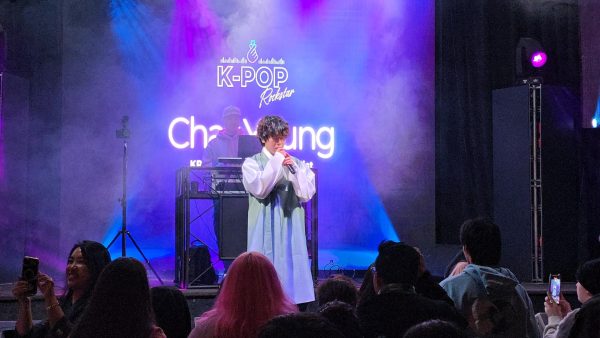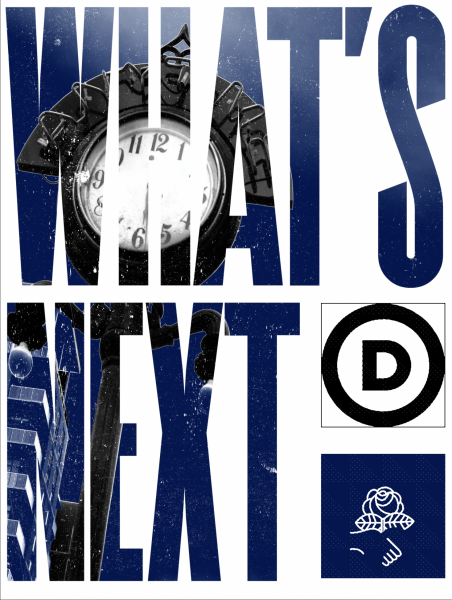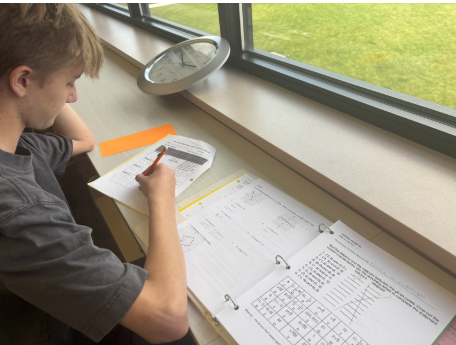Moon Knight Review (SPOILERS)
Moon Knight is without question the most well-written Marvel show, excluding Daredevil,
though its mere six episodes give good competition to even that.
Despite the finale’s relatively fast-pacing, writer Jeremy Slater and director Mohamed Diab delivered a spectacular story with Arab representation that Marvel had previously been missing out on.
Moon Knight effectively brings Egyptian representation into Hollywood, taking advantage of both Marvel and Disney’s huge presence in the movie industry. Hollywood, in fact, has not had a big budget Arab movie since Aladdin in 1992.
So what sets Moon Knight apart from the rest? The characters and their development.
Marc Spector/Steven Grant
Usually, main characters are wallowing in depression, or have dead parents with no shown connection to them. Even more rarely do they have a fluctuating personality, and not often is an emotional disorder actually addressed, let alone DID. Dissociative identity disorder takes many forms, and it usually involves a complete personality change in a matter of minutes or even seconds.
The main conflict of the show, looking past the worldwide threat of the hungry goddess Ammit, is Marc Spector coming to terms with his other personality, Steven Grant. When Grant comes out, he must recognize that he is Moon Knight as much as Marc is but with a whole different approach to situations, making his DID a benefit instead of a drawback.
Marc’s character in Moon Knight shows the audience that a mental disorder like DID, can be used as a benefit, even when a majority of society views mental disorders as a drawback to their life. But Moon Knight took a brighter view on mental disorders, and made it super power.
Several times throughout the show, a third alter named Jake Lockley, much more brutal than the other two, is teased before finally being introduced in the after-credit scene of the finale.
All in all, the filmmakers present a considerably accurate, though perhaps a bit dramatic, portrayal of DID while at the same time giving viewers the superhero flourish they want.
Khonshu
Voiced by F. Murray Abraham, the Egyptian God of the Moon is what allows Moon Knight to be the hero we all now know and love. Even though much of the audience loved his sassy, brutally honest personality, he proved to be another obstacle preventing Marc and Steven from settling their conflicts.
In the series Khonshu is shown to be a mysterious, bloodthirsty, and somewhat patronizing character, remarkably accurate to Egyptian mythology. Moon Knight does a surprisingly spectacular job of accurately depicting him and other gods such as Ammit or Hathor.
Layla El-Faouly
So much more than a love interest, Layla El-Faouly, played by May Calamawy, proves to be nearly as complex as Marc himself. Just without the broken mind.
Her main conflict occurs in regards to the death of her father and her need to carry on his legacy. However, she must also face the fact that her very own husband was the cause of her father’s death.
It takes as much as watching the love of her life die for Layla to finally forgive him. She may have been lucky enough to get him back, but during his absence, it was clear enough that she learned from his mistakes after rejecting Khonshu and the superpowers that came with being his avatar. Layla proved herself to be a hero in her willingness to go up against a soul-eating goddess all by herself and finish what Marc originally could not.
Ultimately, Moon Knight’s success is a result of numerous careful considerations by the writers and directors. Its lack of connection to the main timeline was a relief for many viewers, and its accurate depiction of both DID and Egyptian mythology is truly amazing to see. While the plot seems rushed at times, the exceptional writing, including character development, and cinematography cannot be overlooked.

If you could have any superpower, what would it be and why?
If I could have any superpower it would be to morph into other people like Mystique from...


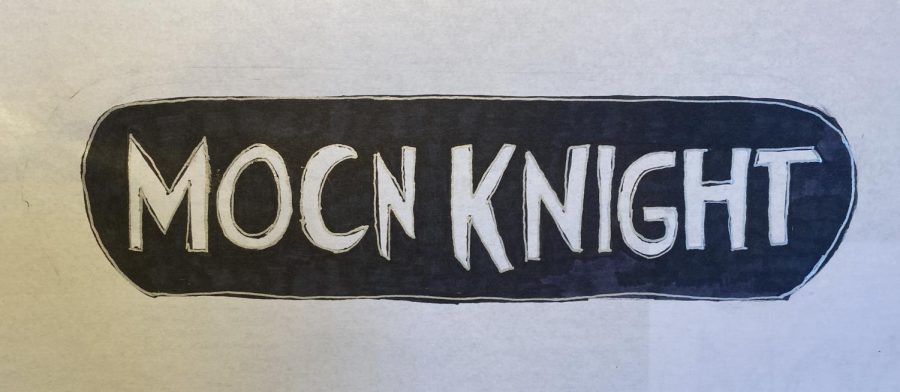
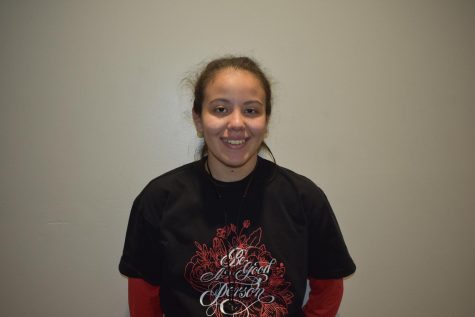




![Dream Week Diaries: GHS Pep Assembly for Matthew [PHOTO GALLERY]](https://ghschronicle.com/wp-content/uploads/2025/03/VAN_8543-600x400.jpg)
